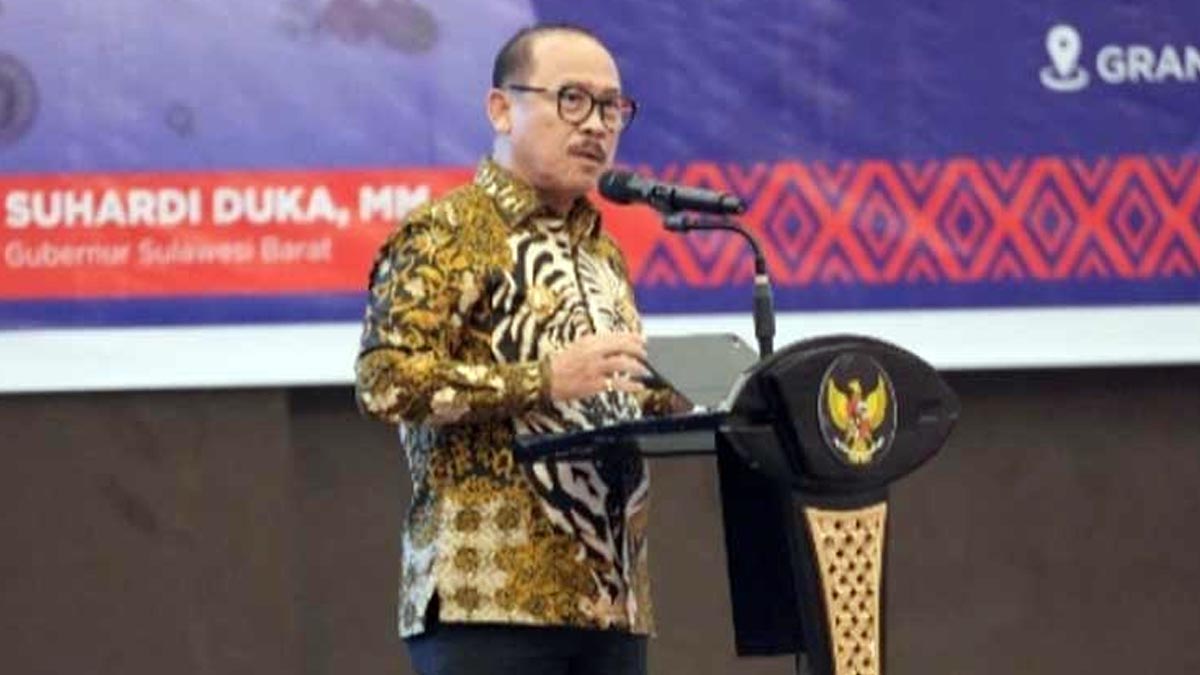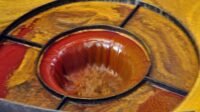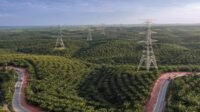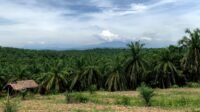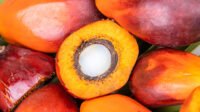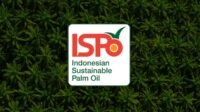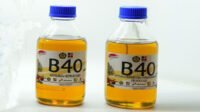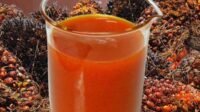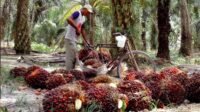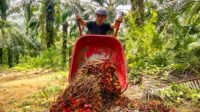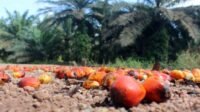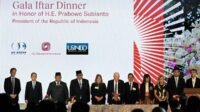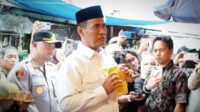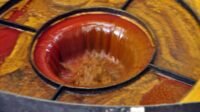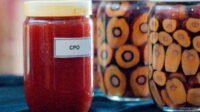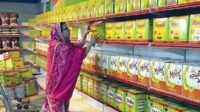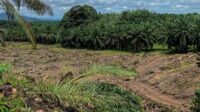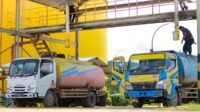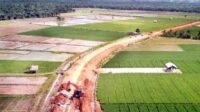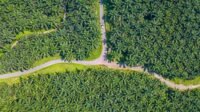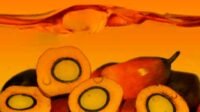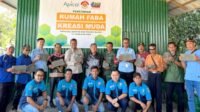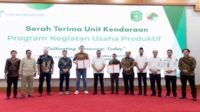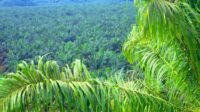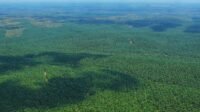PALMOILMAGAZINE, MAMUJU — Governor of West Sulawesi (Sulbar), Suhardi Duka (SDK), shared promising news on rising farmer welfare in the region. Speaking at the 2025 Thematic Coordination Meeting on Transmigration, held at Maleo Ballroom, Mamuju on Friday, SDK revealed that West Sulawesi’s Farmer’s Exchange Rate (NTP) has reached 146—well above the national average.
“What’s encouraging is that our farmers’ NTP stands at 146. This shows that farmers in West Sulawesi are relatively prosperous, largely thanks to smallholders, especially in the palm oil sector,” said Suhardi Duka before the Minister of Transmigration, Muhammad Iftitah Sulaiman Suryanagara.
NTP is a key indicator measuring farmers’ welfare. An index above 100 means farmers are earning more than they spend. The 146 achievement reflects the success of transmigration programs, particularly in palm oil hubs such as Central Mamuju and Pasangkayu—regions historically known as transmigration zones.
Also Read: 614 East Kutai Farmers Secure STDB Permits, Advancing Legal and Sustainable Palm Oil Farming
SDK highlighted a success story from transmigrant communities in Central Mamuju. “The Minister himself met a transmigrant who has been on the Hajj pilgrimage and earns up to IDR 15 million per month. This is living proof that transmigration improves livelihoods,” he said, as quoted by Palmoilmagazine.com from the West Sulawesi Provincial Government, Monday (21/7/2025).
He further emphasized that transmigration has significantly impacted local economic development. Despite the region still facing poverty levels above 10%—higher than the national average—SDK views transmigration as a strategic solution.
“If we can relocate poor residents from each district to transmigration zones, I believe it would be a powerful way to tackle poverty in West Sulawesi,” he asserted.
However, SDK pointed out the low participation of local residents in the transmigration program. Since 1981, most participants have come from outside the province—such as Java, Bali, Lombok, and Sunda. “Local involvement has been minimal. Around 80% of participants are from other regions. We only receive 10 to 20 families, as most of the APBDT quota goes to South Sulawesi,” he explained.
He hopes that the central government will allocate a larger portion for local transmigrants, allowing underprivileged West Sulawesi residents to benefit more from the program.
West Sulawesi holds vast potential for transmigration development. Of the total 195,822 hectares of designated transmigration areas across six districts, about 24,000 hectares are deemed ready for expansion into various agricultural and livestock commodities.
Some of the key potential areas include:
- Tobadak, Central Mamuju – 7,344 ha for cocoa and livestock
- Mambidan-Mehalaan, Mamasa – 3,500 ha for cocoa, coffee, horticulture, and livestock
- Tubbi-Taramanuq, Polewali Mandar – 4,000 ha for coffee, cocoa, and horticulture
- Kalukku, Mamuju – 3,000 ha for livestock and cocoa
- Sarudu-Baras, Pasangkayu – 3,500 ha for fisheries and livestock
- Ulumanda, Majene – 3,000 ha for cocoa, coffee, and horticulture
With these potentials, Suhardi Duka remains optimistic that transmigration could become a key driver of agribusiness-based development in West Sulawesi.
“Transmigration is not merely about moving people. It’s about transforming their entire socioeconomic condition,” he concluded. (P2)

